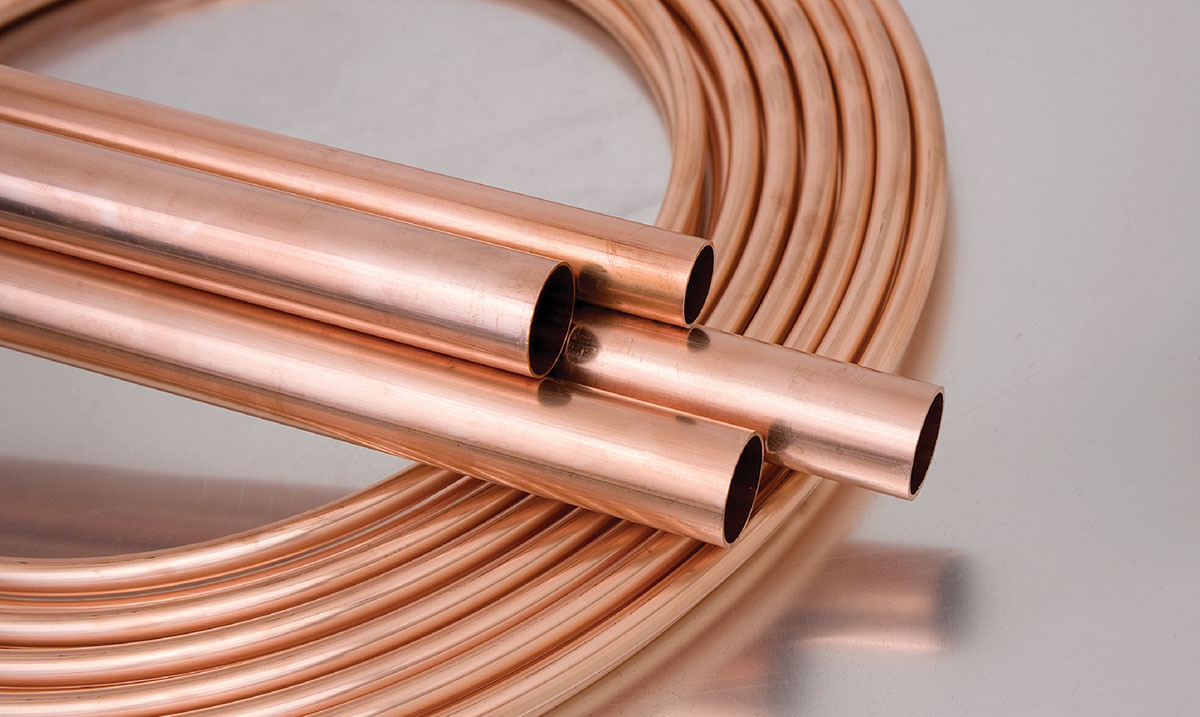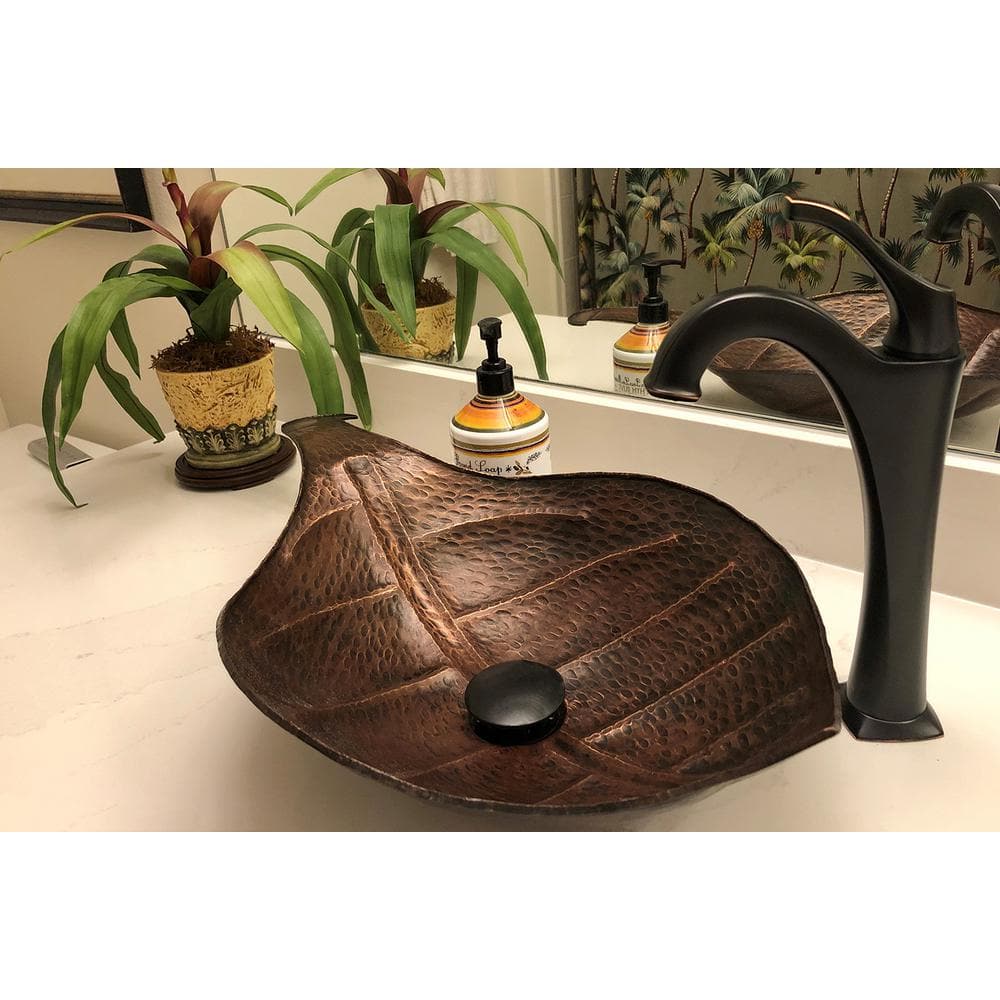Enhancing Your Kitchen with Premium Copper Products: Tips and Best Practices
Enhancing Your Kitchen with Premium Copper Products: Tips and Best Practices
Blog Article
Just How Copper Products Contribute to Sustainable Practices in Various Markets
In eco-friendly energy systems, for example, copper enhances the functionality of solar and wind modern technologies, while its application in building decreases waste via long life. As industries seek to take on more sustainable practices, the function of copper could show pivotal in achieving environmental objectives.
Copper in Renewable Resource
Copper plays an important duty in the development of eco-friendly power technologies, acting as a vital conductor in different applications. Its extraordinary electric conductivity and resistance to corrosion make it an optimal material for electrical wiring, which is essential in photovoltaic panels, wind turbines, and energy storage space systems. In solar photovoltaic or pv systems, copper is made use of in the interconnections and wiring, allowing efficient power conversion from sunlight to electricity.
In wind power, copper is integral to the generators and transformers that convert kinetic energy into electric power, making certain optimum performance and reliability. Moreover, the need for electric vehicles (EVs) is enhancing, with copper being a key part in batteries, electric motors, and charging facilities. The transition to EVs dramatically boosts the need for copper, as these vehicles normally utilize four times extra copper than standard interior combustion engine lorries.
As the globe seeks to minimize climate change and transition to sustainable energy resources, copper's duty ends up being significantly critical. The product not just improves the efficiency and toughness of renewable resource systems yet likewise sustains the wider goal of lowering greenhouse gas exhausts and advertising a lasting future.
Eco-Friendly Construction Materials
Recently, there has actually been a significant change in the direction of the adoption of environmentally friendly construction products in feedback to expanding environmental problems. This modification is inspired by the requirement for sustainable alternatives that decrease ecological impacts while keeping architectural stability and aesthetic allure.
Copper, known for its resilience and recyclability, has become a vital player in this industry. It can be utilized in roofing, plumbing, and electrical systems, contributing to power performance and decreasing waste. Copper's durability implies less replacements gradually, additional improving its sustainability account.
Additionally, materials such as bamboo, reclaimed wood, and recycled steel are obtaining popularity. These options not just use reduced ecological influence but also promote resource conservation. As constructing codes progressively highlight sustainability, builders and engineers are incorporating these materials into their projects, cultivating development in layout.
The boosting fostering of eco-friendly building products mirrors a more comprehensive dedication to sustainability in the built environment. By focusing on these products, the construction market can dramatically minimize its carbon footprint, straighten with regulative standards, and support a healthier environment for future generations. This pattern marks a pivotal step towards a much more lasting future in construction.
Copper's Role in Healthcare
Recent studies have highlighted the significant role of copper in health care settings, specifically as a result of its antimicrobial residential or commercial properties. Copper surface areas have been shown to decrease the visibility of microorganisms, consisting of germs and infections, by as much as 99.9% within a short period. This exceptional efficiency makes copper a very useful product for high-touch surface areas in health centers, such as doorknobs, bed rails, and IV posts, thus adding to boosted infection control steps.
Along with its straight antimicrobial effects, copper additionally contributes in the wider context of healthcare facility sustainability (Copper Products). By integrating copper right into clinical equipment and furnishings, medical care centers can reduce the incidence of healthcare-associated infections (HAIs), which not only improves client results but additionally decreases the prices associated with extended medical facility remains and additional treatments
Furthermore, copper's resilience and recyclability align with lasting practices, enabling accountable source monitoring. As medical care systems a knockout post significantly focus on both individual safety and ecological stewardship, the combination of copper products is coming to be a lot more widespread. This twin advantage highlights copper's important contribution to a much healthier, more secure, and much more lasting medical care setting.
Sustainability in Transportation

Moreover, copper's durability and rust resistance add my company to the durability of transport framework (Copper Products). In rail systems, as an example, copper parts enhance the dependability and effectiveness of signaling and power systems, necessary for minimizing hold-ups and power intake. Additionally, copper's role in renewable resource systems, such as solar and wind, supports sustainable transport services by supplying clean energy for electric transportation options
Investments in copper innovation not just foster sustainability yet likewise stimulate financial development and task development in environment-friendly industries. As markets strive to satisfy rigorous ecological regulations, the application of copper products in transportation becomes an essential approach in accomplishing sustainability objectives and promoting a cleaner, extra effective future.
Copper and Circular Economy
As the globe progressively welcomes sustainability, the function of copper in click site the circular economy comes to be ever before a lot more substantial. Copper's inherent residential properties-- such as its longevity, conductivity, and recyclability-- placement it as an essential material in a resource-efficient economic climate. The circular economic climate aims to decrease waste and take full advantage of resource usage with recycling and reusing materials, and copper master this regard.
The steel can be reused forever without loss of top quality, making it a perfect candidate for sustainable practices throughout numerous sectors, including construction, electronics, and renewable power. By reprocessing and recovering copper from end-of-life products, industries can substantially lower the requirement for virgin products, consequently reducing ecological influences connected with mining and handling.
Furthermore, the assimilation of copper right into round economy structures not only preserves resources but also cultivates technology. Businesses that prioritize copper reusing add to a much more sustainable supply chain, improving their competitiveness while aligning with regulative demands and customer preferences for eco accountable products.
Final Thought
To conclude, copper products significantly add to lasting methods throughout numerous industries. Their vital function in enhancing renewable resource technologies, advertising environmentally friendly building and construction materials, sustaining infection control in healthcare, facilitating lasting transport, and symbolizing the concepts of a circular economic climate emphasizes the flexibility and importance of copper. By integrating copper into different applications, markets can accomplish better performance, minimize ecological influence, and align with global sustainability goals, eventually fostering an extra lasting future.

Copper's outstanding conductivity makes it a preferred material in electric vehicle (EV) systems, enhancing power efficiency and efficiency. Additionally, copper's role in eco-friendly power systems, such as solar and wind, supports lasting transport solutions by offering clean power for electric transit alternatives.
Their important function in boosting eco-friendly energy innovations, promoting environment-friendly building and construction products, supporting infection control in healthcare, helping with sustainable transport, and personifying the principles of a round economic climate underscores the versatility and value of copper.
Report this page